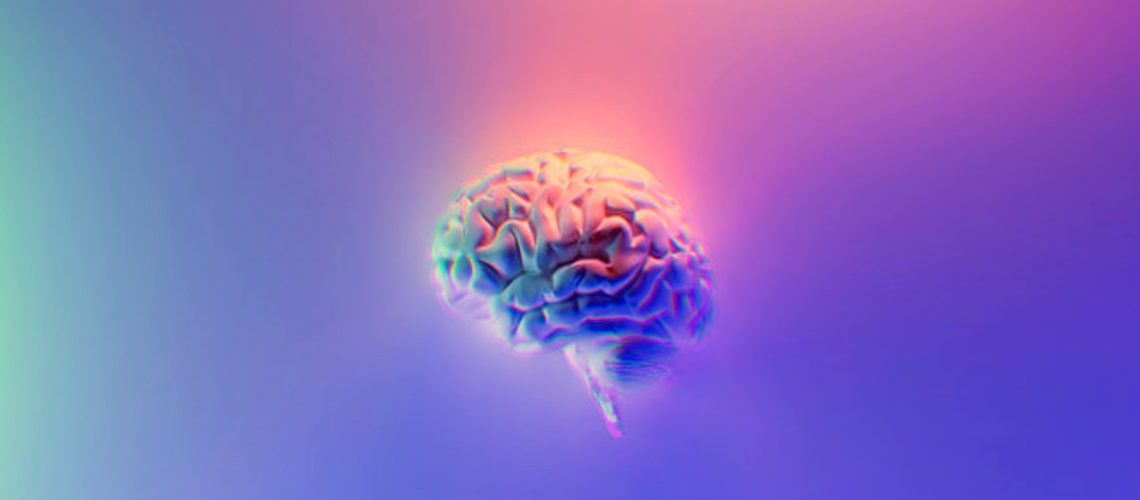

Astrodose
Five Fun Facts About Your Brain That Will Blow Your Mind
- March 10, 2022
- , 2:38 pm
- , benefits
There’s a reason why magic truffles are often nicknamed “philosopher’s stones”. Apart from their pebble-like aesthetics, it’s because these nuggets of gold contain psilocybin, the compound that when you microdose makes you feel good even when taken on a busy workday. From calming down symptoms of anxiety, OCD, or depression, to nipping addictive habits in the bud, to a much-needed burst of creative inspiration — microdosing truffles can help unlock wonderful powers in your brain that you’ll never have guessed were possible.
Of course, there can be no beautiful mind to be boosted by microdosing without having a healthy brain to begin with. So, it makes sense to take care of our brains as best we can by taking enough rest, having a balanced diet, and getting plenty of exercise. Sprinkle in some microdoses to your morning routine and you’re more than ready to seize the day.
This year’s Brain Awareness Week runs from March 14 to 20, 2022 in 120 countries worldwide. The goal? To make people excited about brain research in the hopes of finding a cure for brain diseases and disorders. And what better way to celebrate this global campaign for brain science (also called neuroscience) than by learning a few things about the most important organ in your body? Strap in and get cosy with your magic truffles, folks. These five fun facts about your brain will blow your mind.
1. The human brain’s attention span is now shorter than a goldfish’s
Recent science has confirmed that the average human has lost a significant chunk of attention span: from 12 seconds ten years ago to merely eight seconds today. That makes us more prone to distraction than the goldfish, which has always been well-known for its nine-second attention span.
Researchers say that gadget multi-tasking is to blame for the rise of modern fish-brain syndrome — such as when you’re scrolling through your Twitter feed and binge watching a new Netflix show at the same time.
2. The human brain can store around 2,500,000 gigabytes
Before Macbooks and PCs were even conceived by their Silicon Valley creators, the word “computer” used to refer to an actual human being who could compute vast amounts of numerical data in their heads. One such marvel was Ada Lovelace, who in 1842 wrote the first complex computer program. Another was Katherine Johnson, whose maths equations for NASA helped send astronauts to the moon for the first time.
Though jaw-dropping, both examples were not a glitch in the Matrix. Paul Reber, Professor of Psychology at Northwestern University, says that your brain can store around 2,500,000 gigabytes of data — the equivalent of roughly 300 years’ worth of downloaded movies and TV.
3. The human brain starts forming memories in the womb
Most of us grew up thinking that we only begin remembering things during kindergarten. Research suggests an even earlier date, stretching all the way back to your mother’s womb. Prenatal memory (also called foetal memory) occurs around 30 weeks after a baby is conceived.
The baby’s brain starts to form memories in the dark, which helps to form an invisible bond between the mother and her child. Experts point towards foetal memory as a critical time for brain formation.
4. The brain itself is unable to feel pain
Did you know that a brain surgeon can perform surgery on a patient who is wide awake, without it resulting in any pain whatsoever? That’s because the human brain itself —- a spaghetti-like organ made up of grey fats and proteins —- cannot actually feel pain. Or pleasure, for that matter.
Indeed, the brain has over 86 billion neurons to process thoughts and pain from everywhere else in the body. But without any nerve endings to respond to stimuli (such as a scalpel, ready to slice!) your brain won’t feel a single thing.
5. The brain tastes like fishy tofu
We did promise to blow your mind. So, if the previous facts didn’t quite do it, then this next one will shock you straight into Hannibal Lecter’s kitchen. Though consuming human brains is generally frowned upon, one could make an educated guess on their taste based on genetically-close mammals — such as sheep and pigs. Chichi Wang from SeriousEats wrote about her experience with scrambled lamb brains:
“What do brains taste like? The texture is easier to describe: creamy but firm, like overly curdled yogurt or lumpy tofu… Brains also taste somewhat like a firm fish roe, though without the fishiness, of course.”
Neurosurgeon Katrina Firlik made a similar observation in her memoir Another Day in the Frontal Lobe: A Brain Surgeon Exposes Life on the Inside:
“[The brain] doesn’t spread like toothpaste. It doesn’t adhere to your fingers the way toothpaste does. Tofu — the soft variety, if you know tofu — may be a more accurate comparison.”
Treat Your Brain to a Microdose
Have you been dealing with brain fog lately? Why not treat yourself with a simple and effective pick-me-up in the morning along with your cup of freshly-brewed coffee — microdosing magic truffles. Just think about it: The very brain that feels stuck, depressed or anxious is the same brain that can come up with super creative ideas (perhaps with a little gentle push from psilocybin). That’s microdosing for you.










